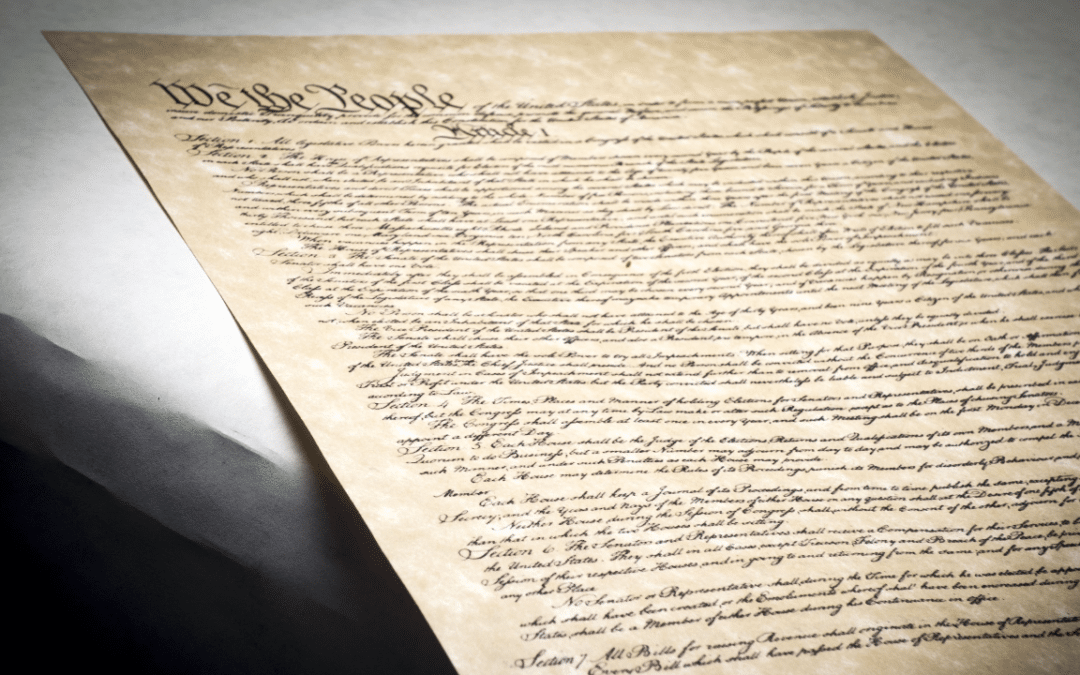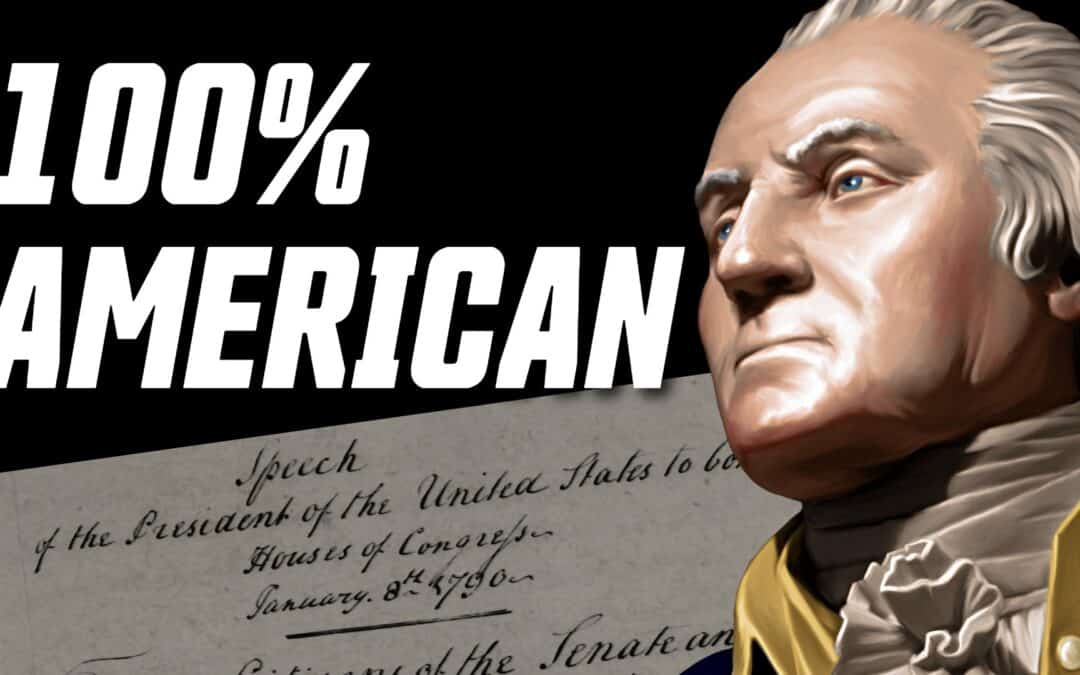
Article II

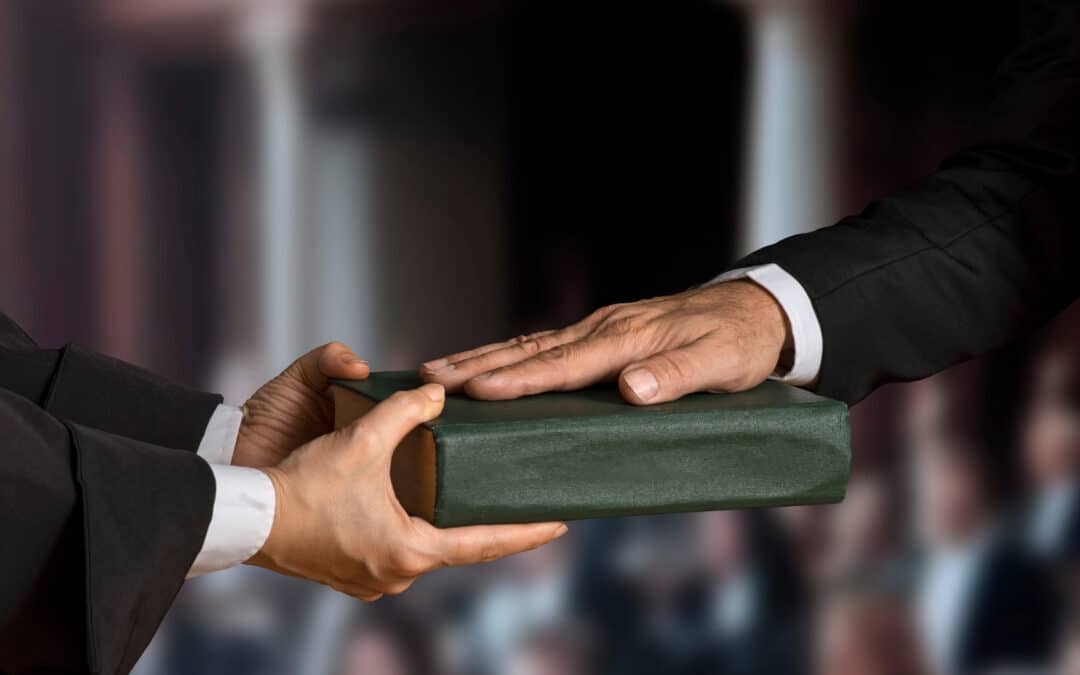
Presidential Actions to Uphold the Constitution: A Five-Step Guide
It’s time to walk the walk when it comes to the oath to the Constitution, which is currently treated more like an optional guide at best, or toilet paper. Today, we’re breaking down the top-5 crucial steps an oath-KEEPING president should take to radically preserve,...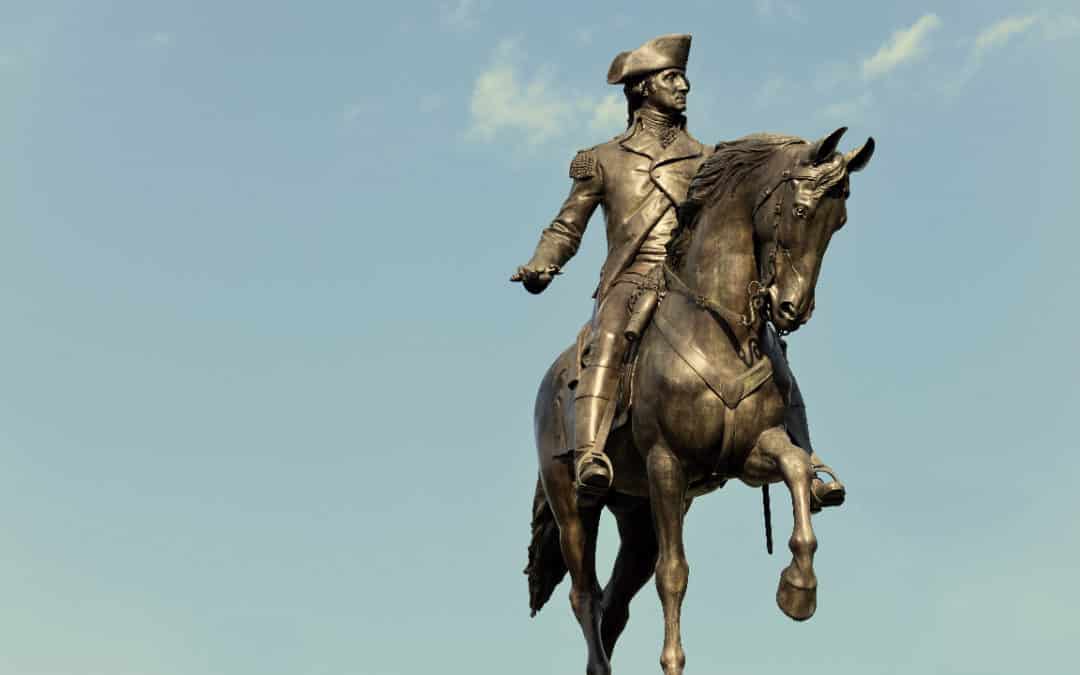
Deciphering the Commander-in-Chief Clause
The Constitution designates the president as the commander in chief of the “Army and Navy of the United States, and of the Militia of the several States, when called into the actual Service of the United States.” A common view is that this gives the president...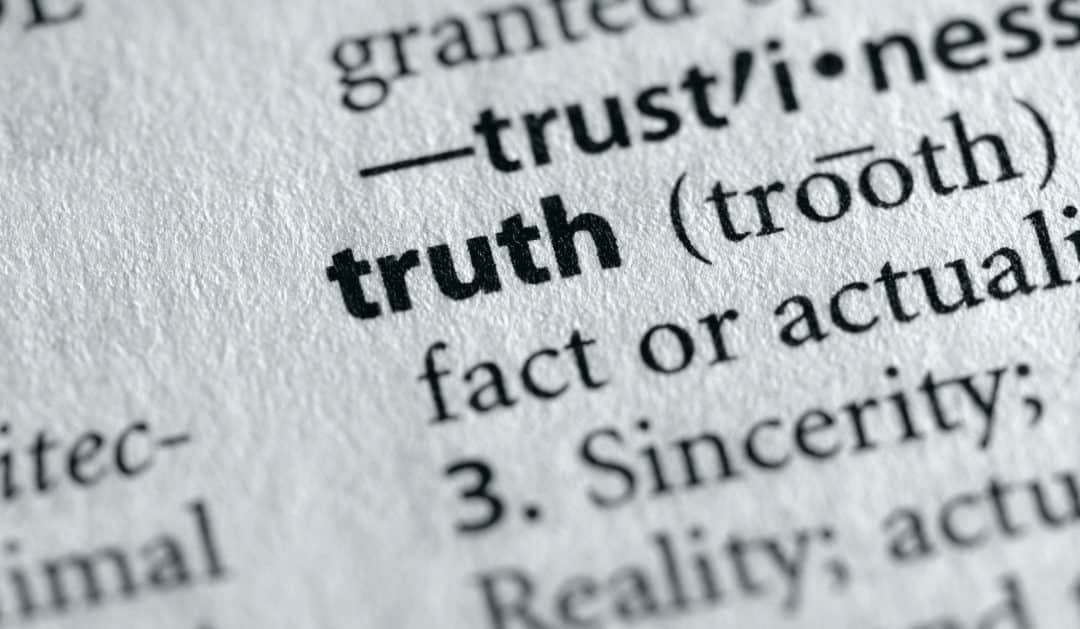
What Does the Constitution Mean by “Natural Born Citizen?”
The Constitution says that only a “natural born citizen” may be president. Throughout history, political partisans have accused opposing candidates of not being “natural born citizens” and thus disqualified. Opponents alleged that President Chester Alan Arthur (R.)...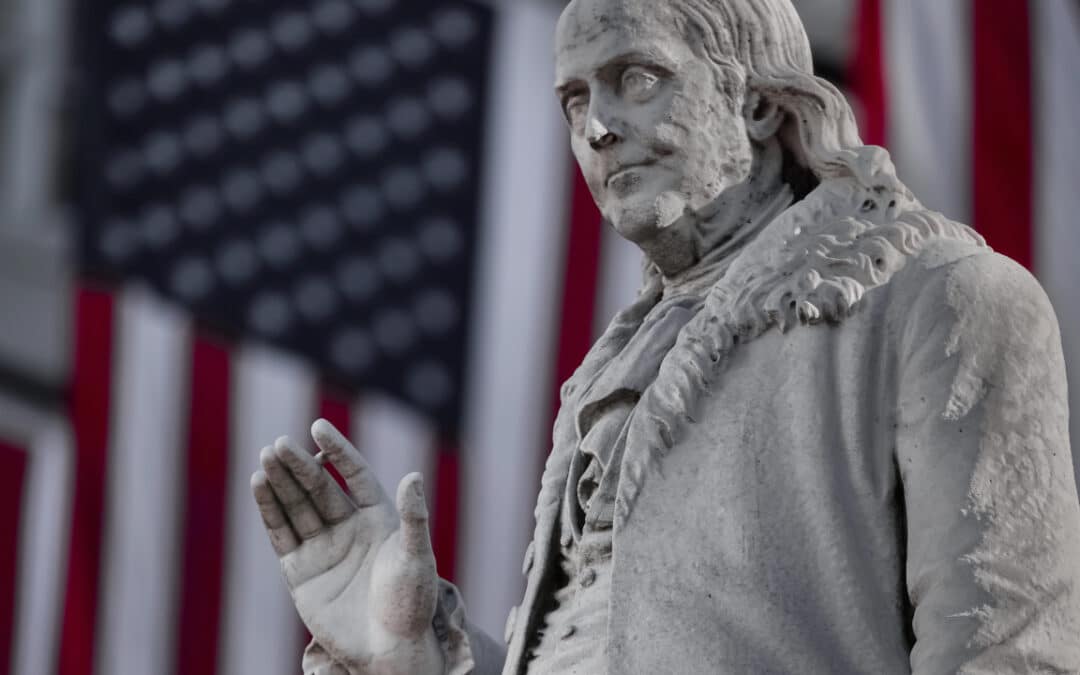
Benjamin Franklin Speech Exposes the Inherent Danger of Power and Money
On June 2, 1787, Benjamin Franklin delivered a speech at the Philadelphia Convention opposing a provision in the proposed Constitution to pay the president a salary. The speech reveals some important aspects of human nature that we should keep in mind today. Franklin...